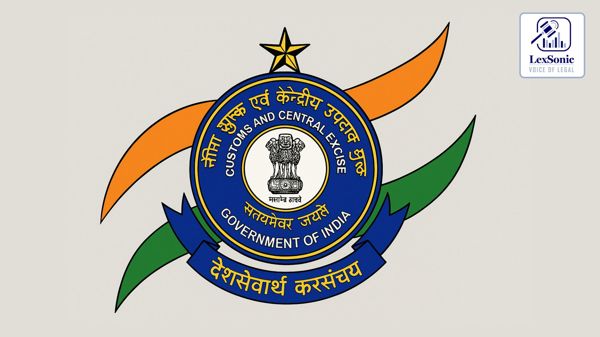Businesses Safeguarded: Court Ensures Fair Treatment in Duty Payment Cases.
22 April 2015
Central Excise >> Tax Laws
A recent court case involved a dispute between Petitioners and the authorities regarding the payment of central excise duty and the utilization of Cenvat credit. The Petitioners, in both cases, had cleared goods and utilized Cenvat credit for payment of the duty, but the payment was made beyond the prescribed 30 days.
The authorities relied on Rule 8(3A) of the Central Excise Rules, 2002, to demand recovery of the duty amount along with interest. This rule states that if the assessee defaults in payment of duty beyond 30 days, they would be required to pay duty for each consignment without using Cenvat credit until the outstanding amount is settled. The Petitioners challenged these notices, arguing that the authorities failed to follow proper procedure.

The court ruled in favor of the petitioners, finding that the impugned notices violated Rule 14 of the Cenvat Credit Rules, 2004. This rule specifies that in cases where Cenvat credit is wrongly utilized or erroneously refunded, the authorities are entitled to recover the amount but only after issuing a notice to the assessee under Section 11A of the Central Excise Act, 1944. This section upholds the principle of natural justice by ensuring the assessee has the opportunity to explain their position before any recovery action is taken.
The court's decision highlights the importance of following proper procedures when it comes to recovering duty or credit from assessees. The authorities cannot bypass established rules and deny the assessee their right to be heard. The case also clarifies that assessees have the right to utilize Cenvat credit for duty payment, even if there is a delay, as long as the proper course of action as outlined in the relevant rules is followed for recovery in case of delayed payments.
